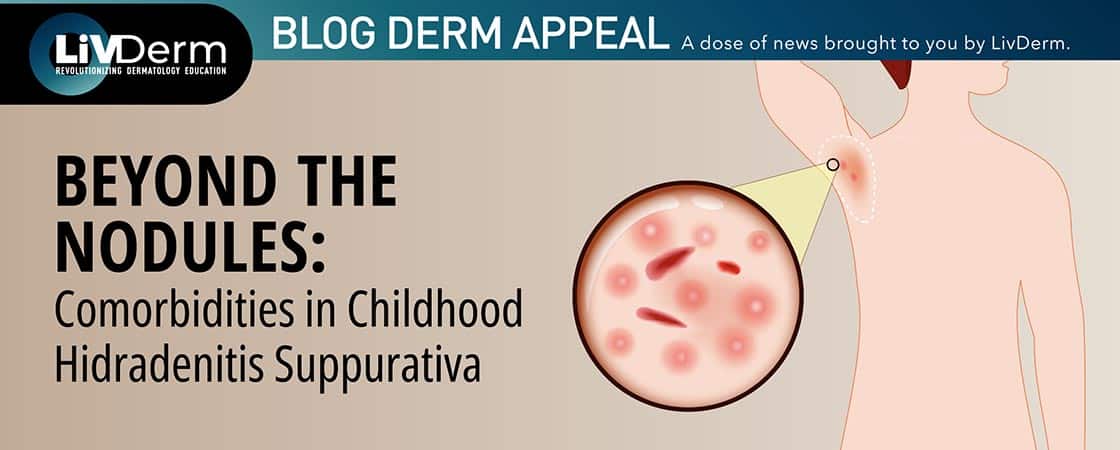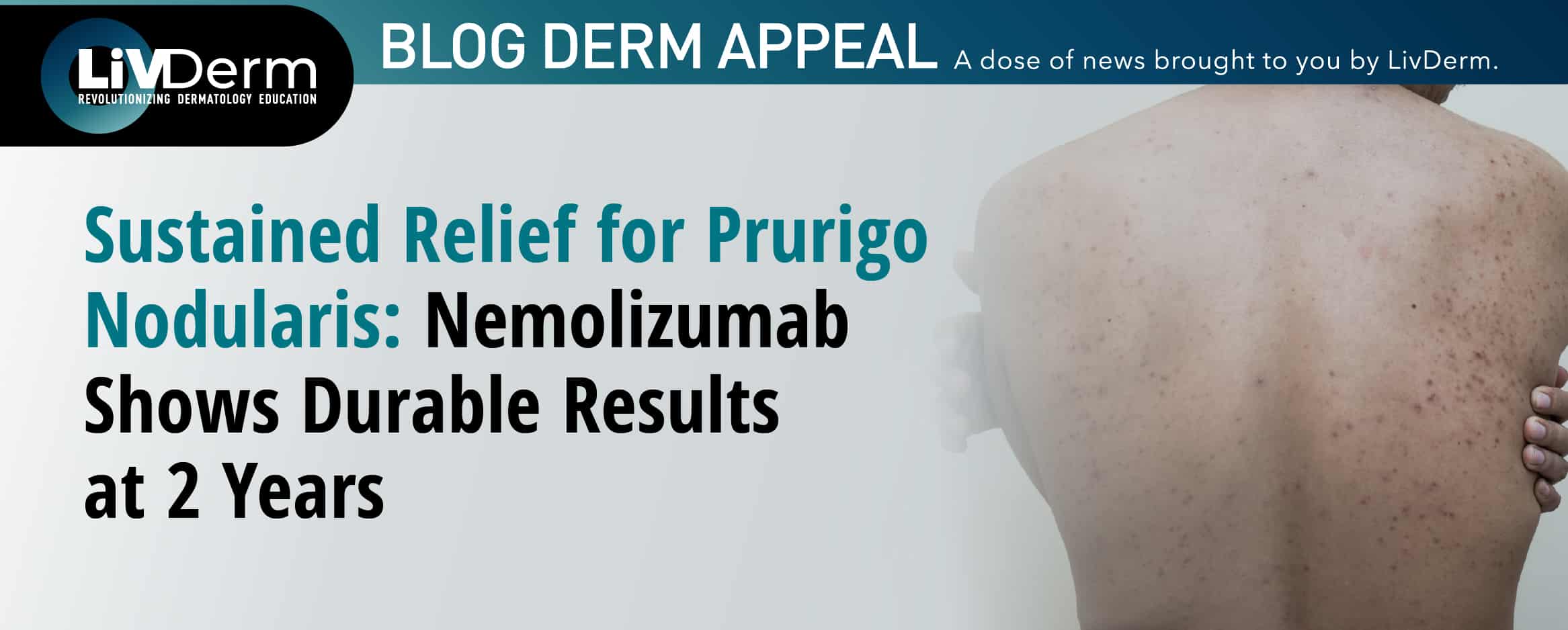A growing amount of medical research has begun to examine the relationship between the GI tract and skin. Both organs serve essential immune and neuroendocrine functions and play critical roles in maintaining physiological homeostasis. Additional findings have demonstrated a bidirectional link between the gut and skin health, and while supplemental research is needed before the implementation of clinical applications, many have determined that a gut-skin axis does—in fact—exist: through the unique and intimate connection between the skin and GI tract.
Similarities between the Skin & Gut
There are numerous functional similarities between the gut and skin: both have significant roles in the neuroendocrine messaging system, sending and receiving signals from the brain and other parts of the body. The skin and gut both act as defenders against harmful pathogens; a research study published in the Nature Immunology journal highlighted the role of the gut microbiota in protecting against pathogens and pathobionts. Moreover, the skin and gut each have their own microbiome; while the skin has not yet been researched as extensively as the gut, the skin microbiome plays a critical role in skin care.
Connections & Co-Morbidities
As there are noteworthy similarities between the gut and skin, researchers continue to find a number of striking co-morbidities and strong associations between the two organs. Research published in the Allergy, Asthma, & Immunology Research journal found that the “gut microbiome might play a crucial role in the development of [atopic dermatitis] by regulating immune system maturation through cross-talk between the microbiome and the host, especially in early life.” The researchers concluded that “emerging evidence indicates that the gut and skin microbiome could be manipulated to treat AD.”
Research published in the Clinical Gastroenterology and Hepatology journal found a strong connection between rosacea and SIBO (small intestine bacteria overgrowth), with researchers noting that rosacea patients have “a significantly higher SIBO prevalence than controls.” Furthermore, researchers concluded that the “study demonstrates that not only is there a strong association between SIBO and rosacea, but that treating the SIBO improved rosacea.” A similar correlation was found between inflammatory bowel disease (IBD) and various inflammatory skin conditions; the findings of a population-based cross-sectional research study published in the Journal of American Academy of Dermatology suggest that chronic inflammatory skin conditions and inflammatory diseases (such as IBD) have similar pathogenic pathways.
Clinical Applications
A broad and extensive research study examining the strong associations and/or effects between the gut and skin health has not yet been conducted; however, several studies have begun to explore the potential benefits of using probiotics—generally used to treat gut-related issues—to treat skin conditions. One such study published in the European Journal of Allergy and Clinical Immunology found that probiotics were effective in reducing symptoms of atopic eczema/dermatitis syndrome in Immunoglobulin (IgE) sensitized infants.
While broad clinical advisement may be premature, demand for probiotic skin-care products has significantly increased in recent years. Patients seeking advice on such products would likely benefit from an understanding of the complexity of the skin as a connected organ in a larger system, as well as the importance of overall health in skin care. Additional research and technological advances may ultimately provide clinicians with a more thorough explanation of the relationship between the gut and skin.
SOURCES
https://www.ncbi.nlm.nih.gov/pubmed/?term=27554239

















